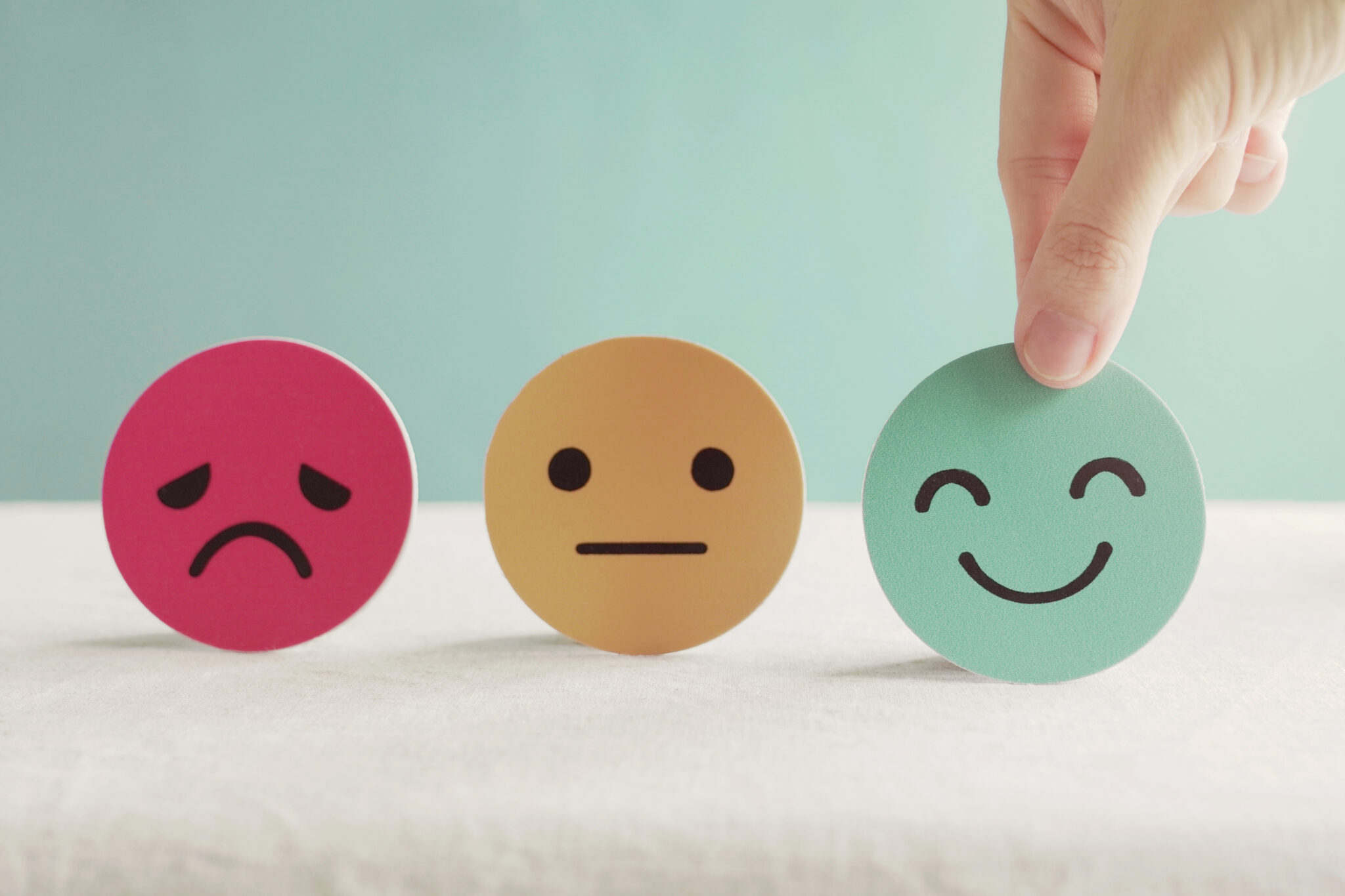MENTAL HEALTH.
Fatigue and exhaustion caused by lack of sleep lead to concentration difficulties and a decrease in work productivity. Higher-level cognitive abilities such as creativity and innovation decline. The risk of traffic and workplace accidents significantly increases. One night without sleep is equivalent to a blood alcohol level of 0.1% – have you ever felt this?
Relationships with loved ones suffer because emotional instability deepens, mood swings occur – do we want this? Emotional reactions to situations diminish, mistakes are noticed but not responded to. Decision-making ability significantly declines, especially in uncertain and rapidly changing situations. Due to reduced cognitive function, people fail to recognize their declining ability to cope, including accurately assessing their level of drowsiness. Alertness and cognitive abilities are impaired even with fragmented sleep.
Prolonged sleep deprivation can lead to “burnout” syndrome and anxiety. Stress develops. According to research, one in three Estonians experiences stress. There is only a small step from stress to depression. A study conducted in 2005 found that patients suffering from depression or anxiety slept less than six hours. Lack of sleep significantly affects our mental health!
CARDIOVASCULAR DISEASES.
A sleepless or poorly slept night affects the next day’s blood pressure readings, which, in the presence of associated conditions, can lead to hypertension. People taking blood pressure medication have likely noticed that after a poor or short night’s sleep, they experience daytime blood pressure issues.
For the heart and blood vessels to rest, nighttime blood pressure should be 10-20% lower than daytime levels. Poor sleep quality means that the heart and blood vessels do not get the rest they need.
Sleep deprivation also slows down metabolism and promotes bloating. As sleep debt increases, so do hunger and appetite, which are the main causes of weight gain. Based on the above, as sleep problems increase, sleep debt also becomes a significant risk factor for the development of diabetes.
PREMATURE AGING AND RECOVERY ABILITY.
Chronic sleep deprivation reduces collagen levels in the skin, which keeps the skin smooth and elastic. Sleep deprivation releases more cortisol, which can destroy collagen proteins in the skin. As a result, the skin loses its elasticity prematurely.
Additionally, sleep deprivation reduces the production of growth hormone. Growth hormone helps form muscle tissue and promotes bone growth. During growth periods, it is essential for normal height development and overall body growth, while in aging individuals, it aids in recovery – building muscle mass, thickening the skin, and strengthening bones. Quality sleep is necessary at every age. What do you think?
Sleep is essential for the body to recover and build necessary reserves. It is crucial for both mental and physical development. Deep sleep is especially important. Normal sleep duration depends on age and biological rhythms and should range between 6.5 to 11 hours.
The hormone melatonin naturally supports normal sleep onset. As we age and the production of sex hormones decreases, melatonin production in the body is disrupted, leading to difficulties falling asleep. Therefore, as we age, it makes sense to supplement melatonin to maintain good sleep onset and sleep quality.
For younger individuals, the main factor preventing sleep is a stressful and nerve-wracking lifestyle. In such cases, the best solution is to change one’s lifestyle. However, if this is not possible, in addition to melatonin, other plant-based remedies that strengthen and calm the nervous system, such as valerian, lemon balm, or hops, can be taken to promote sleep onset and improve sleep quality.
Take care of your health and give yourself enough sleep!








